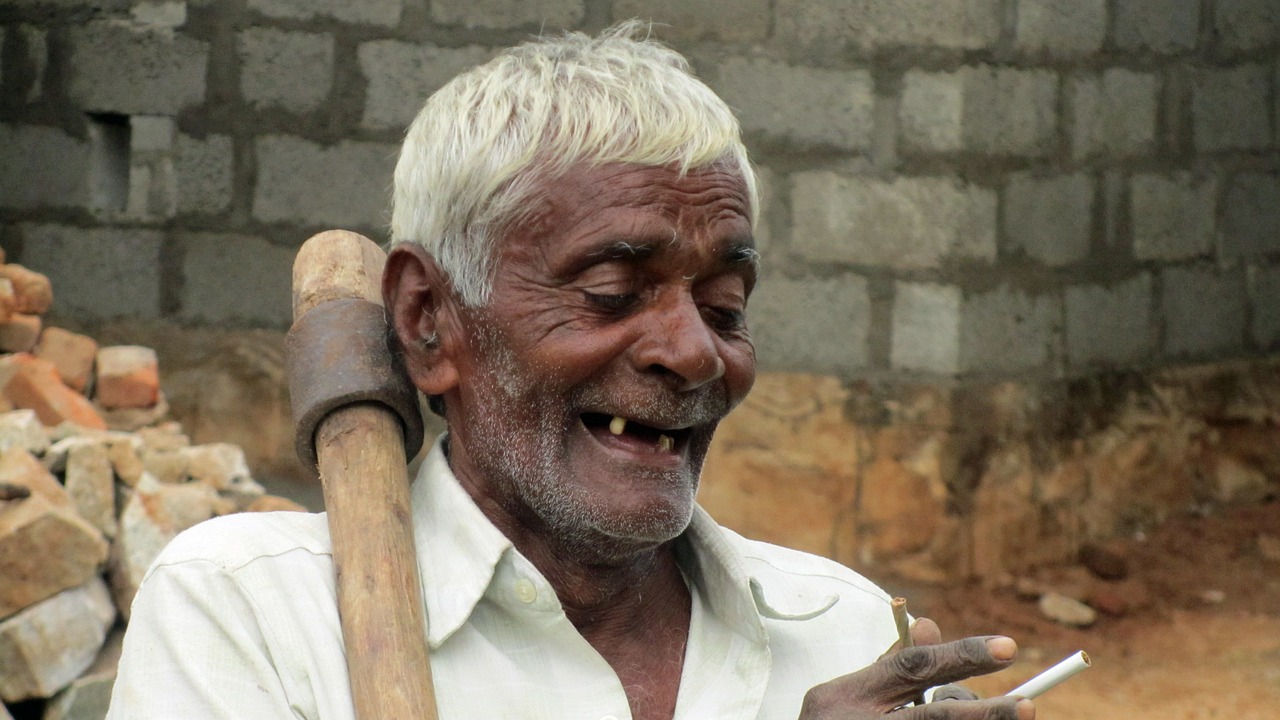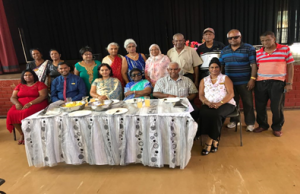
MF Leader Promotes Rights of Elders

After the first democratic elections in South Africa, the 21st of March was declared as Human Rights Day – to celebrate the nation’s progress with respect to Human Rights and remind South Africans of “the gross extent of human rights violations” and the events surrounding the Sharpeville Massacre.
 The remembrance of the Sharpeville massacre and the advent of democracy in 1994, brought the Constitution of the country into being and the rights that it explicitly protects. Equality, human dignity, freedom of movement and life are basic human rights that each citizen has.
The remembrance of the Sharpeville massacre and the advent of democracy in 1994, brought the Constitution of the country into being and the rights that it explicitly protects. Equality, human dignity, freedom of movement and life are basic human rights that each citizen has.
Mrs. Rajbansi spoke to the senior citizens and explained that, “we, as a country, are still battling to uncover ways to deal with equality, unemployment and poverty. These are the core issues that will play a role in moulding the future of the country. Much progress has been made over the past 23 years, but for human rights and most importantly equality to be a reality for all, nepotism, corruption and fraud must be expeditiously dealt with by government”.
Parliament’s role on this day is to empower the people so that the democratic processes becomes known to all South Africans. She stressed that Human Rights Day is not just a day to observe the injustices and discrimination that happened in the past; but, also to embrace the fundamentals of human rights, equality for all and cultural diversity in South Africa.
The Minority Front Leader emphasised the following Articles of the United Nation’s Universal Declaration of Human Rights:
- Article I – Everyone are born free and equal in dignity and rights. Their endowment with reason and conscience should prompt interaction towards one another in a spirit of brotherhood;
- Article 2 – The rights and freedoms stipulated in the Declaration is an entitlement of all, without distinction of any kind, such as race, colour, sex, language, religion, political or other opinion, national or social origin, property, birth or other status. Distinction made on the basis of the political, jurisdictional or international status of the country or territory to which a person belongs, whether it be independent, trust, non-self-governing or under any other limitation of sovereignty is also prohibited;
- Article 3 – Everyone has the right to life, liberty and security of person;
- Article 4 – Slavery or servitude; slavery and the slave trade is prohibited in all their forms;
- Article 5 – Torture, or cruel inhuman or degrading treatment or punishment is prohibited.
“We, as a nation, should be very mindful of the Articles contained in the United Nation’s Universal Declaration of Human Rights, and use this as motivation to enhance our processes to protect the rights that every citizen is entitled to enjoy”, said Mrs. Rajbansi.
